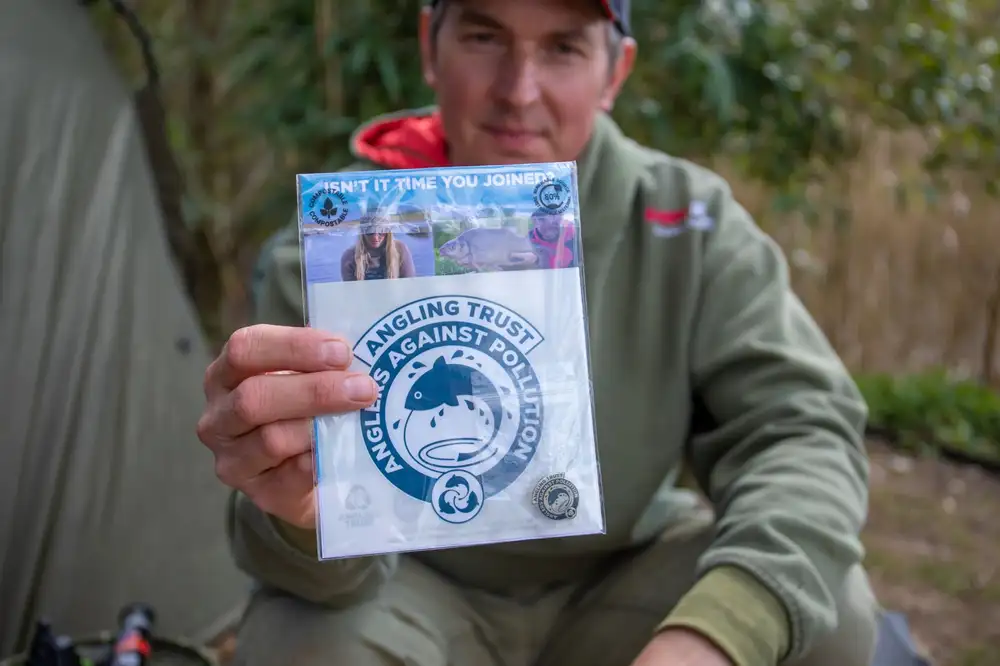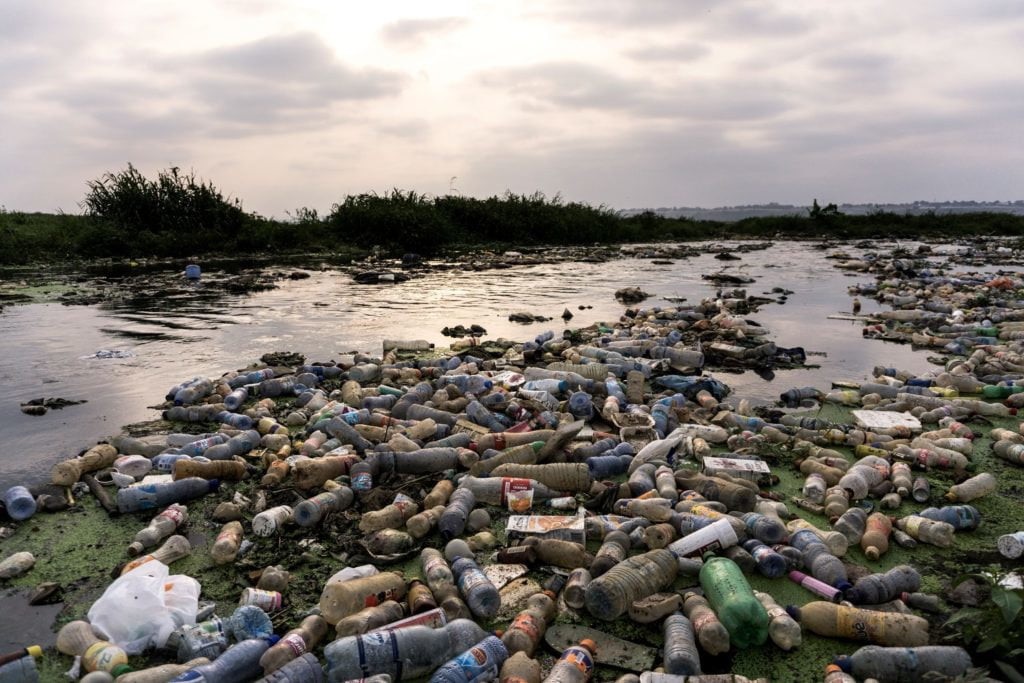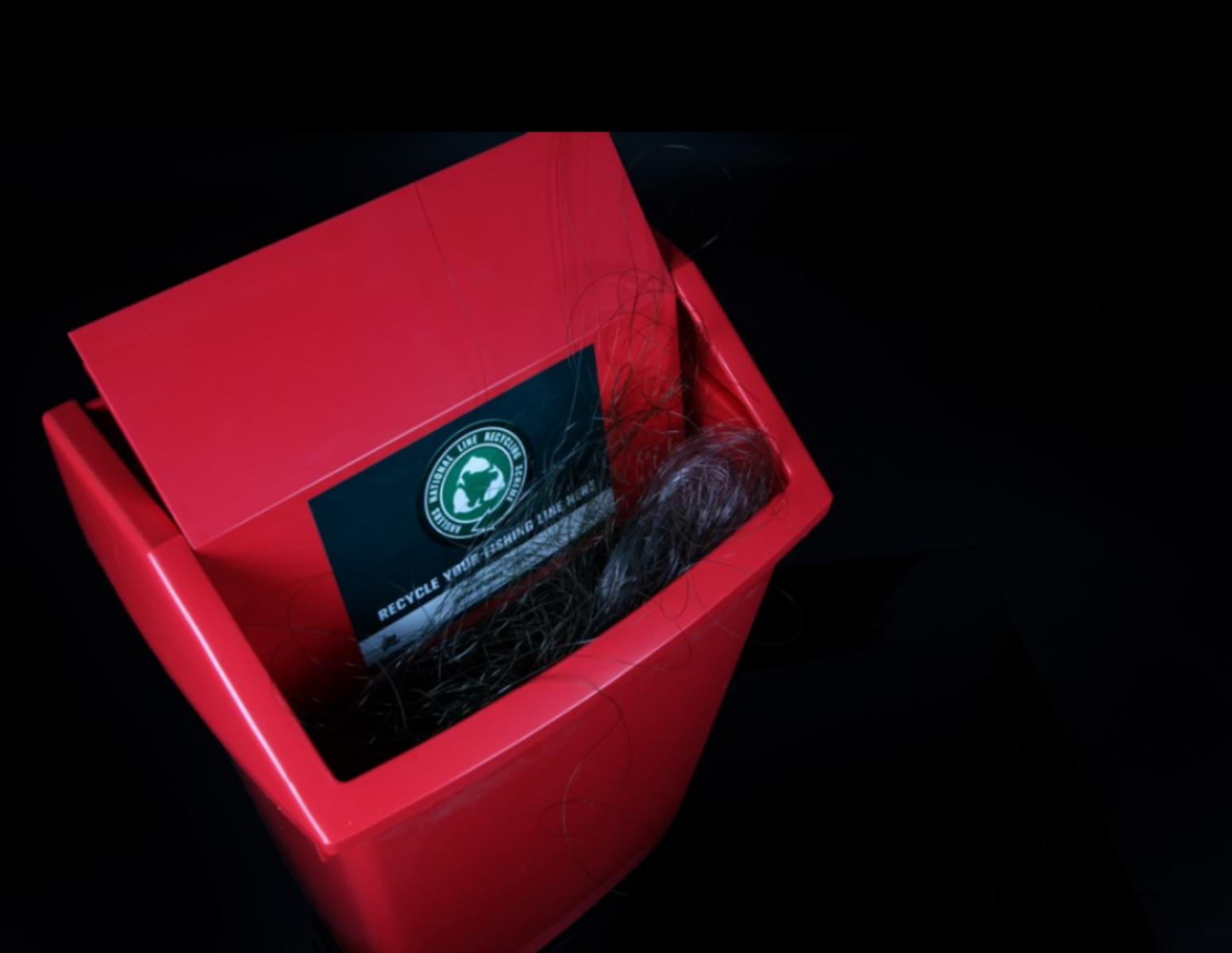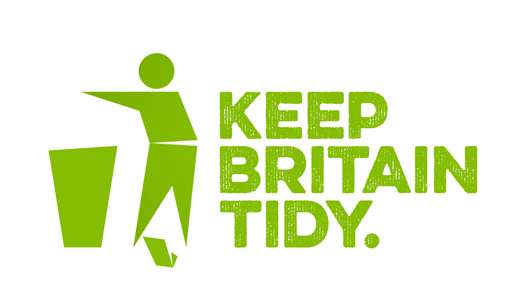This is a demo store. No orders will be fulfilled.
5 Tips for Anglers to Cut Down On Plastic Waste - Plastic Free July

Today marks the 1st of July and for some of you that have taken the challenge, it’s a Plastic Free Month, meaning limiting your impact on the plastic waste problem. For those anglers amongst us that are concerned about not just the environment in general but the contribution of plastic waste impact to our banksides, Plastic Free July may well be the month where you can give back to nature.
This Plastic Free challenge is a global movement that is aimed to help millions of people be part of the solution to plastic pollution, from cleaner roads, seas and communities. As Angling Direct cares about our fishing eco-systems, we thought we would create a guide, to help anglers that want to try to cut down on their plastic waste for this month and perhaps for the future.
The Plastic Waste Issue
As an angling retailer staffed by anglers, and on the front line of direct engagement with people as passionate about the sport as we are, we've long known that our rivers are changing for the worse. The use of improper discarding on plastics is certainly well documented with research by Friends of the Earth, assessing that:
The British waterways contain, in some cases, over 1000 microscopic pieces of plastic per litre.
Some of the worst affected areas are in urban surroundings such as the River Tame, Tameside, Greater Manchester, however, even the most remote areas such as Loch Lomond, Scotland are recording alarming levels of pollution. It appears no stretch of freshwater is free from contamination.
How Does Plastic Waste Affect the Fish?
Not only are the polluted waterways a raising concern, but the health of the fish is also at risk. Barbel stocks in the Wensum are now virtually no existent, specimen fish are coming up smaller than anglers would expect, or simply not appearing to be present in their favoured waters at all, even larger predators such as pike are not reaching the headline-grabbing sizes they have done; often, one or two large pikes are simply being caught over and over again, which is not in the spirit of the sport, nor is it good for the health of this fish themselves.
As anglers, the waters we fish matter to us. You don't need a degree in environmental science to know that a polluted lake, river, or ocean means, at first, smaller fish, and, soon, no fish at all. Anyone who spends any time by the water knows that everything else crashes soon afterwards once the fish go. If plastic pollution is contributing to declining health and populations in our coarse fish, in the same way as has been shown to be the case when it comes to ocean plastics, then it benefits anglers, among many other groups, to be involved in efforts to reduce the amount of plastic we use and dispose of, by taking part in campaigns such as Plastic Free July.
Ways to Reduce Your Plastic Footprint
At Angling Direct, we believe as anglers, that we should have a sense of responsibility for the UK’s waterways. After all, the rivers, lakes, canals and seas that surround the UK are the arena in which our beloved sport is contested.
1) Stop Using Plastic Bags
Angling Direct stores have been plastic carrier bag free since October 2018, being replaced by biodegradable paper bags and hessian bags for life, at a cost of 10p – the paper bags are a small price to pay for the welfare of the fish we love to catch.
2) Recycle Your Fishing Line
In addition to the introduction of sustainable bagging, we are also working alongside the Anglers National Line Recycling Scheme (ANLRS) the scheme, backed by Alan Blair and the Environment Agency, aims to encourage anglers to recycle their mainline once used.
In 2018, ANLRS recycled 2.5 million metres of line, most of which will be reused in the construction of traffic cones, sunglasses, skateboards, wetsuits and swimwear. A valiant effort, but ANLRS need the cooperation of manufacturers, retailers and most importantly you, the angler.
You can recycle your fishing line which is made of plastic, at any of our Angling Direct stores, by popping your old line in one of our red recycling bins. You can read more about fishing line recycling tips in our guide, The Easiest Way to Recycle Your Fishing Line.
3) Consider Plastic-free or Conscious Brands
After discussions with Korda, Angling Direct teamed up with the great fishing supplier to try to reduce the plastic waste on their items that comes through the AD warehouse. By transporting products in tote boxes, Korda is now saving 672m of tape each month, which’s as tall as 16,800 Korda Tackle Boxes! Minimising the transit packaging waste is just the start, as we hope more will join to reduce the use of plastic in transit and packaging.
Read more on the Korda Initiative here.
We, here at Angling Direct also sell fishing line made completely from recycled items which can then be recycled when you are finished with the line! The Sufix Recycline is a great way to reduce your impact on the environment this month and for future fishing trips.
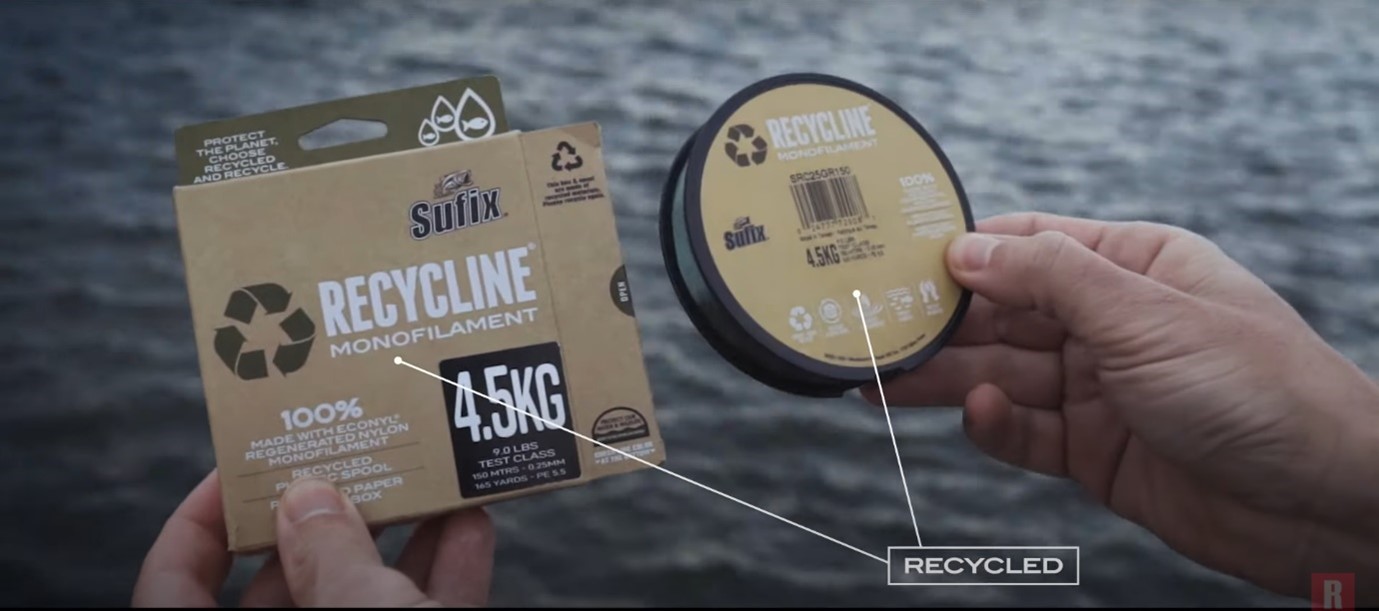
Read more on The World’s First 100% Recycled Fishing Line - Sufix Recycline Green Monofilament, here.
4) Cleaning up Litter After a Day’s Fishing
Many recreational anglers are cleaning up litter, not only after themselves but joining anglers clubs and angling-related organisations in scheduled events of litter removal from waterways and surrounding land. Anglers are growing more conscious of the adverse publicity linked to fishing, cleaning up after themselves with fishing line, unused bait and their own packed lunch. If you change your mentality to leaving the fishing area cleaner then what you found it, it will help the marine ecosystem improve.
5) Support Charities and Organisations Fight Pollution
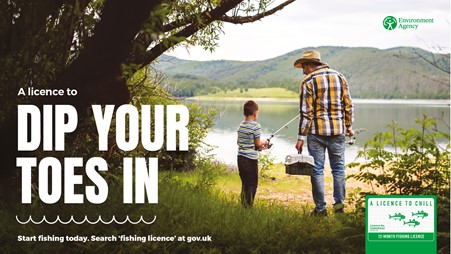
Supporting fisheries and related charities and organisations can really make a difference as a collective. Funds help organise events and the resources needed to clean rivers, re-stock waters and tackle plastic pollution issues.
You can help by simply remembering to buy a rod licence before you fish. The small price of a rod licence goes directly back into the Environment Agency’s efforts meaning we are all supporting each other in achieving great quality waters, fishing and the continuance of environmental improvements.
We, here at Team AD also try to do our bit when it comes to waste. Not only have we introduced reusable bags and fishing line recycling bins to our stores but we have also teamed up with Angling Trust to help in their Anglers Against Pollution campaign.
